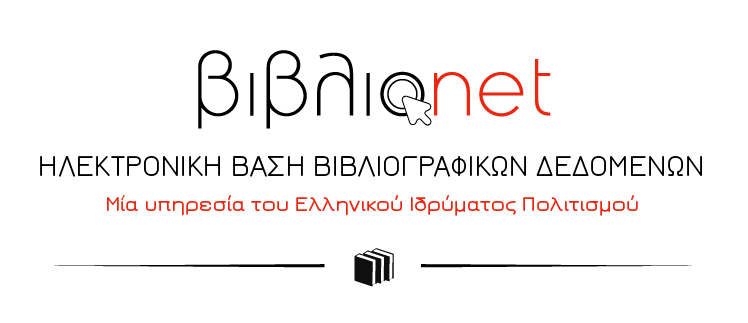BYRON AND THE POETICS OF ADVERSITY
BYRON AND THE POETICS OF ADVERSITY
A long line of traditional, often conservative, criticism and cultural commentary deplored Byron as a slipshod poet. This pithy yet aptly poetic book, written by one of the worlds foremost Romantic scholars, argues that assessment is badly mistaken. Byrons great subject is what he called Cant: the habit of abusing the world through misusing language. Setting up his poetry as a laboratory to investigate failures of writing, reading, and thinking, Byron delivered sharp critical judgment on the costs exacted by a careless approach to his Mother Tongue. Perspicuous readings of Byron alongside some of his Romantic contemporaries - Burns, Blake, Wordsworth, Coleridge, Shelley - reveal Byrons startling reconfiguration of poetry as a broken mirror and shattered lamp. The paradoxical result was to argue that his ages contradictions, and his own, offered both ethical opportunities and a promise of poetic - broadly cultural - emancipation. This book represents a major contribution to ideas about Romanticism.




















